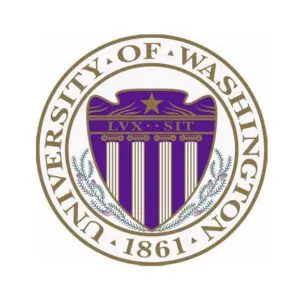Timeframe: 2016 – 2019
Goal: Characterize T-cells in the FLC tumor microenvironment
Principal Investigator: Kevin M. Sullivan, MD

Study Overview: Immunotherapy is a form of cancer treatment that harnesses the patient’s own immune system to fight the disease. The immune system can precisely target cancer cells, while also minimizing damage to the remainder of the body’s normal cells. In this project, the team investigated a well-established method of using the immune system, successful in treating other cancers such as melanoma, as a treatment for fibrolamellar. They used a variety of techniques to look at which types of immune cells reside within fibrolamellar tumors. One type of immune cell, called the T cell, is of particular interest because it can specifically recognize and destroy cancer cells. The study group has previously confirmed that T cells are found within fibrolamellar tumors. Specific goals included:
- Gaining a detailed understanding of the characteristics of the T cells that are active within fibrolamellar tumors.
- Growing and activating these T cells and testing their ability to fight cancer cells in cell cultures and slices of fibrolamellar tumor grown in the laboratory.
The goal of his project was to build knowledge of the immune microenvironment that will help make T cell immunotherapy against fibrolamellar a reality.
Results: Using both normal liver and FLC tumor tissue samples from the same patients, the team determined that while similar numbers of “killer” T cells were found in both samples, the gene expression signatures of the T cells within the tumor samples were suggestive of decreased functioning. Subsequent observation of one patient’s tissues showed that, despite equivalent T cell numbers, there were fewer T cells within the FLC tumor itself, with the T cells largely relegated to the interface between the tumor and non-tumor tissue. This indicated that the inability of T cells to physically interact with FLC cells might be a potential mechanism of immunosuppression in FLC patients.
The approach of using slide cultures to study the tumor microenvironment was detailed by the publication in Cancer Immunosurveillance of a protocol entitled “Establishment of Slice Cultures as a Tool to Study the Cancer Immune Microenvironment” in November 2018. The team’s related work analyzing slice cultures in mice models of colorectal liver metastases was published in Gut in June 2022.
Implications: This data highlighted the role of the tumor microenvironment in the disease progression and response to treatment. Current studies and trials are investigating how to modulate the tumor microenvironment so the effectiveness of immunotherapy treatment approaches can be increased.
Related activities: In addition to the immunotherapy-related investigations above, the team at the University of Washington authored a review article on FLC entitled “Precision oncology in liver cancer” that was published in Annals of Translational Medicine in June 2018. The full text of that article can be accessed here.
